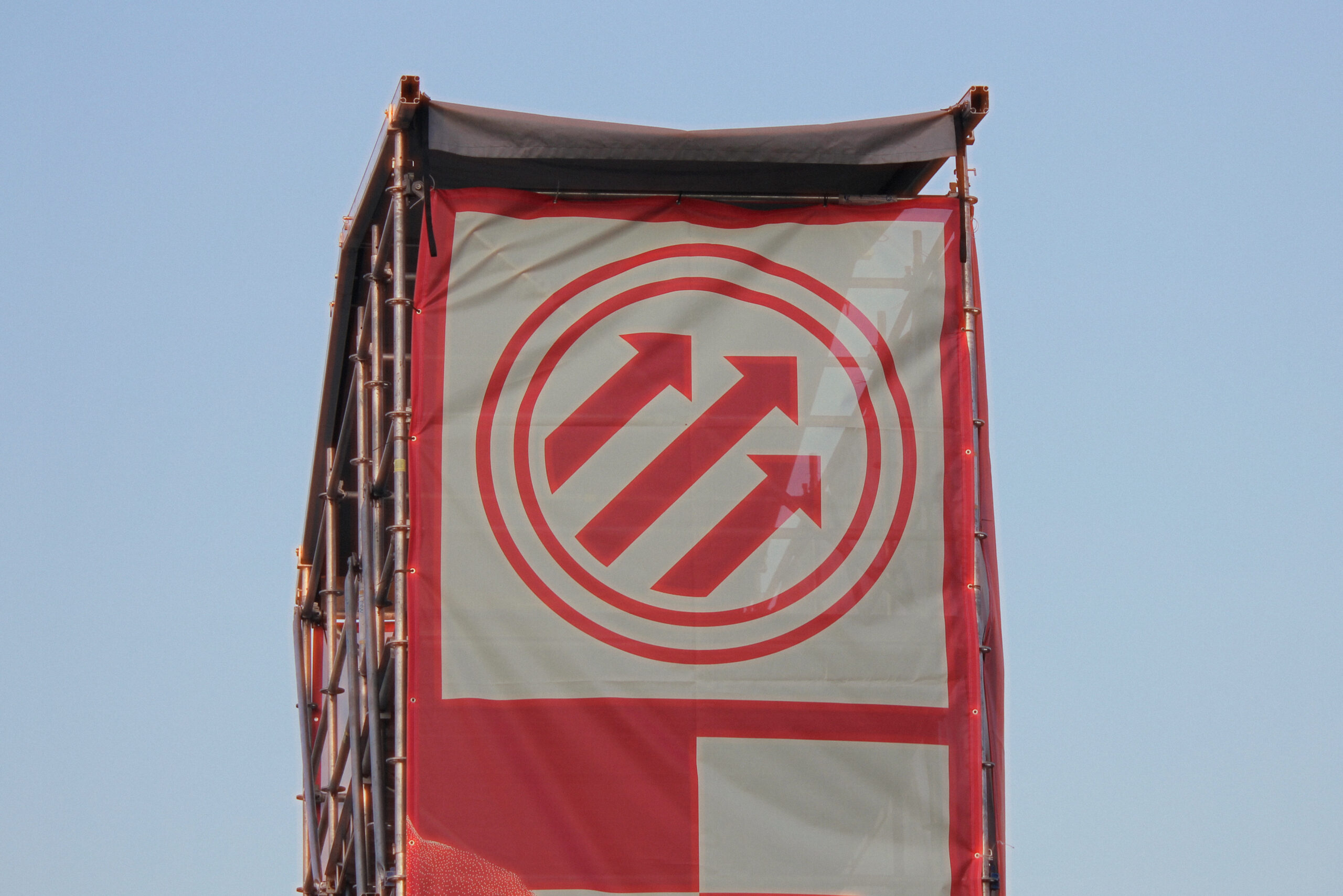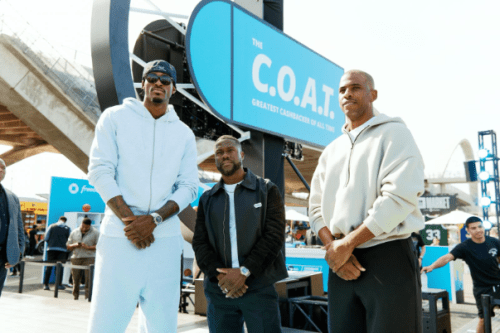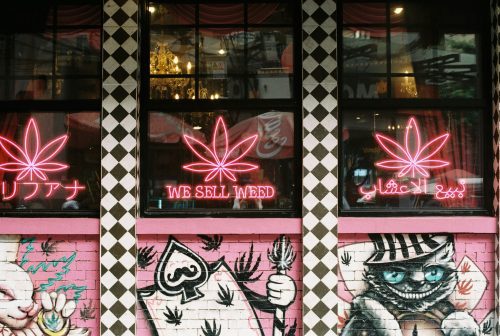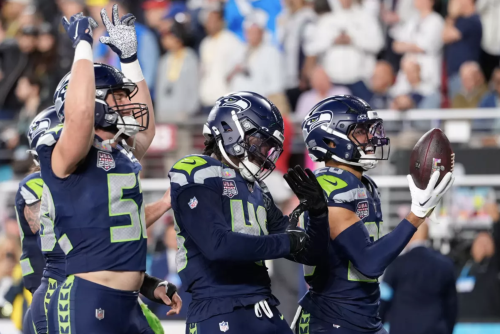Chicago is and has always been a breeding ground for music, from titans of the industry to scenes so far underground you need a shovel to get to it. Whereas Lollapalooza has been the city’s main attraction for commercially viable entertainment for almost two decades now, Pitchfork Music Festival has created a formidable contrast to its blockbuster counterpart for just as long.
A staple of the music circuit through its media branch and concert series, the polarizing brand has cultivated a reputation for its strict grading metric. In addition to being extremely conservative with their A and B scores, Pitchfork has always stood on business and elevated the artists they believe in every year at their very own three-day gathering in Union Park.
For every take they have validated, the writers at said publication have crushed several more — for better or for worse, this has set a high standard for artists and listeners alike. For this reason alone, Pitchfork has earned a great deal of respect despite its notoriety.
Hence, it came as a surprise to many when Condé Nast announced earlier this year that the company will be operating under men’s magazine GQ moving forward. It still isn’t entirely clear what this means even months later, and so it naturally raised concerns about the online magazine as well as the future of its live branch.
Fingers Crossed For Pitchfork
Fortunately, Pitchfork Music Festival returned to the Midwest for the eighteenth time since its inception in 2006. Whereas the annual congregation had been picking up steam over the past few years, it was noticeably not as stacked as before considering it featured more names deserving of a push than ones that are already among the stars.
That said, the quality of the event has remained in tip-top shape since the criteria for what makes artists worthy of being on the bill hasn’t changed. In 2024, most of the roster was made up of criminally underrated acts while two-to-three major attractions would take the stage each evening.
Even then, headliners such as Black Pumas, Jessie Ware and Brittany Howard aren’t your typical superstars who would main event photo-ops such as Coachella — this isn’t because they’re not good enough, but the fact that they prioritize their craft over every other aspect of the music business. Similarly, other major acts like 100 gecs and Jai Paul established themselves through unconventional means, and so the fans they attract tend to have a liking for things charmingly strange.
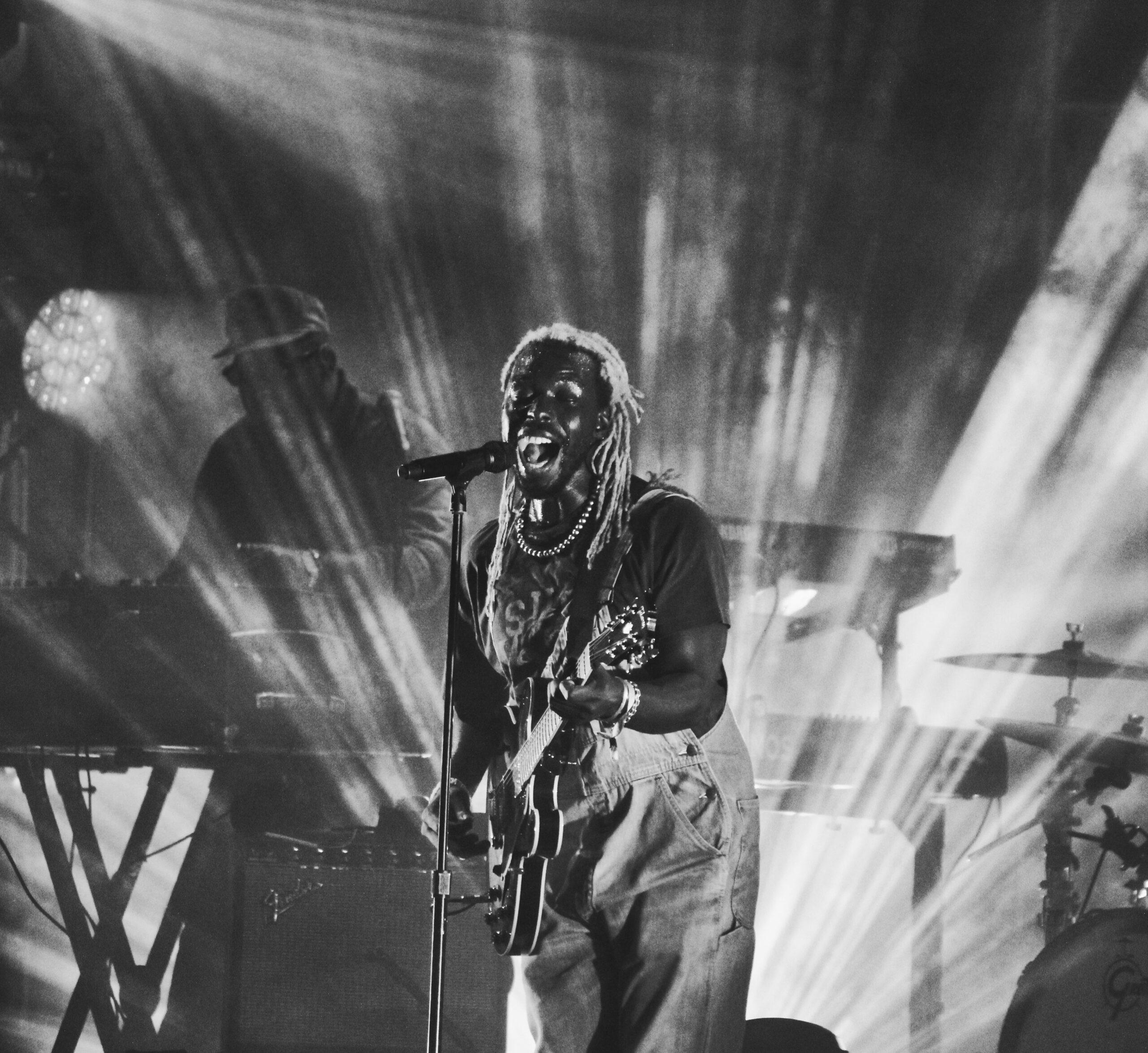
Eric Burton w/ Black Pumas | Photo Credit: Karan Singh
Carly Rae Jepsen and Alanis Morissette, on the other hand, had the pop branch of the festival covered with explosive performances that were easily among the weekend’s Top 10. Though there wasn’t much hip-hop this time around, De La Soul and Grandmaster Flash alone carried the genre on their backs as their sets did wonders for the culture and its rich history. Further down the lineup, artists such as Mannequin Pussy, Bratmobile, Crumb and Jessica Pratt held it down and made it clear as day that the spirit of Pitchfork is alive and well.

Lila Ramani w/ Crumb | Photo Credit: Karan Singh
Sure, the traffic this year wasn’t as dense as the last, but the essence of the festival has yet to be diluted. People who value music and turn to it for more than mere entertainment (which there’s nothing wrong with) will always exist — in the music media, our only hope is that one of the most robust forces that caters to such people will also stay around.
There is a lot of uncertainty surrounding the Pitchfork entity right now, but those of us who take music seriously are all rooting for the festival to return to the West Side of Chicago for the nineteenth time in 2025.

